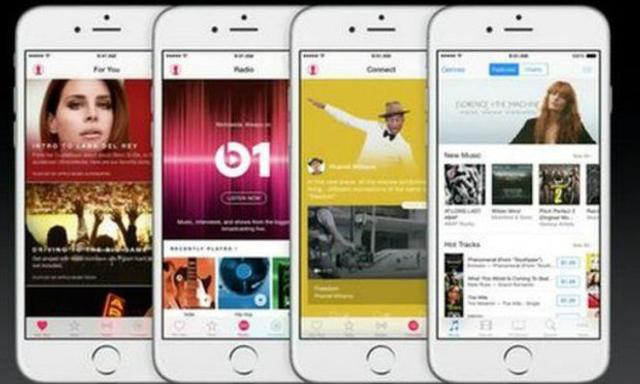Streaming has, for many people, become the go-to method of hearing new music.
The likes of Spotify, Apple Music, Tidal and Pandora now offer instantaneous access to music from artists of every stripe and genre, but the real war is being fought for artists' exclusives. This week saw the release of Frank Ocean's long-awaited audio album, Blonde (or Blond, nobody knows), which was released exclusively on Apple Music.
That means that the album won't be available on YouTube, Spotify, Pandora, TIDAL or any streaming service except for Apple Music. It's also meant that Frank Ocean's album has been illegally downloaded at least one million times since its release, according to latest estimates.
However, for Ocean, it's also thumbing his nose at Spotify and TIDAL, the two main rivals to Apple Music. In an investigative report by Bloomberg, artists have claimed that there are repercussions for those who choose to go exclusive with another streaming service other than Spotify.
The report claims that artists who have given exclusives to Apple Music have been told by Spotify that said songs, when made available on the service, will not be featured on popular playlists. Not only that, their rankings go down in searches. One of the artists in the report said that Spotify has been doing this for about a year, but have reportedly stepped up efforts in the past six months.
Although Apple Music has half the subscribers that Spotify does - 15 million to Spotify's 30 million - the service has managed to secure exclusives from Drake, Frank Ocean and is now the only streaming service that Taylor Swift appears on.
The feud between Apple Music and Spotify has intensified in recent months, especially with rumours that Apple Music is set to purchase TIDAL. Moreover, Apple Music is more attractive to artists than listeners as Apple Music has no free service supported by advertising; it's just paid subscriptions and, for some albums and artists, a further charge for downloading.
Spotify has denied the report in Bloomberg, calling it "unequivocally false."
Via Bloomberg










































































